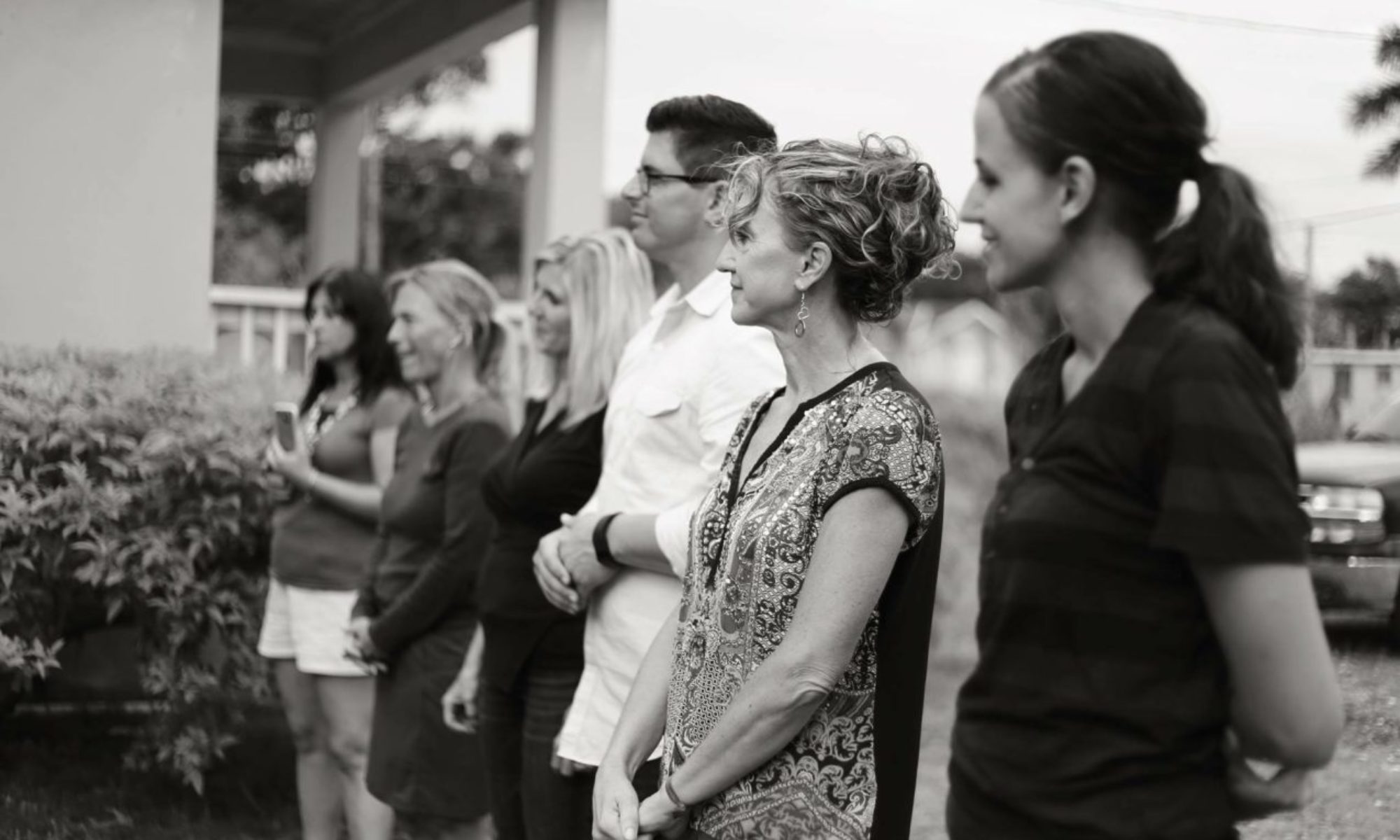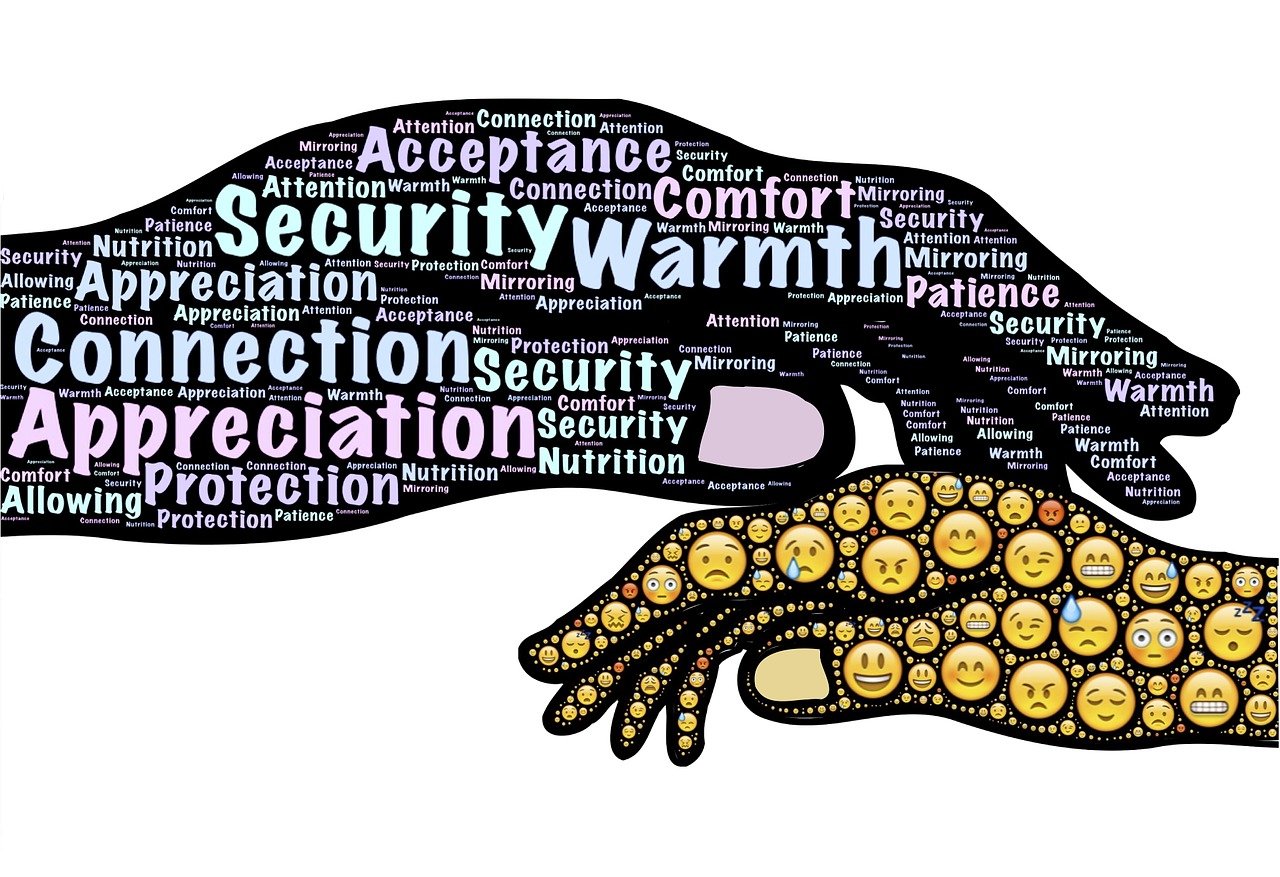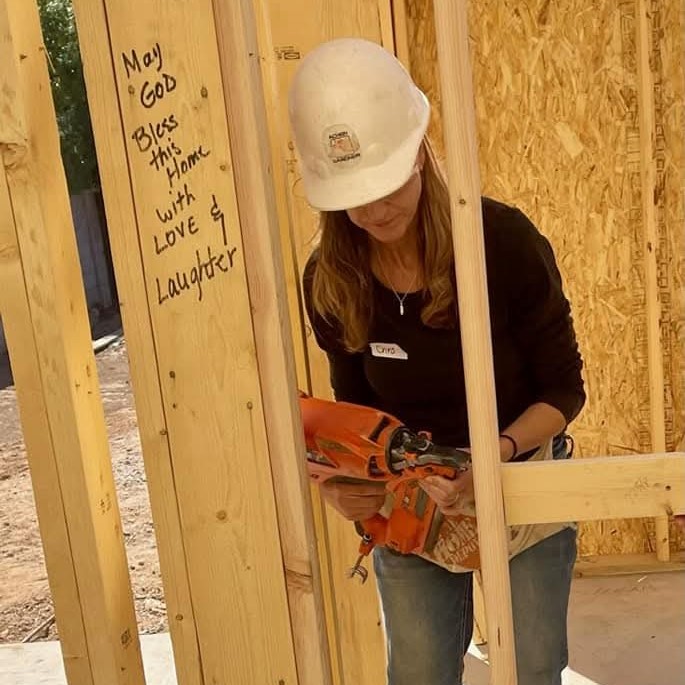Christmas is often described as the most wonderful time of the year—and for good reason. Beyond the decorations, music, and festive traditions, Christmas carries deep positive meaning rooted in goodwill, generosity, and faith. At its heart, the season invites people to slow down, reflect, and reconnect with what truly matters.
One of the most beautiful aspects of Christmas is the spirit of goodwill toward others. During this time, people are often more patient, forgiving, and compassionate. Simple acts—holding a door, offering a smile, checking in on a neighbor—feel more natural in a season centered on kindness. Christmas reminds us that we are all connected, and that small gestures of love can have a lasting impact. In a world that often feels rushed and divided, this shared spirit of goodwill helps bring people together across differences.
Cheerful giving is another defining characteristic of the Christmas season. Giving during Christmas is not only about exchanging gifts, but about giving with joy and intention. Whether it’s donating to a charity, volunteering time, or thoughtfully choosing a gift for a loved one, Christmas giving is meant to come from the heart. The joy experienced in giving often outweighs the joy of receiving, reinforcing the idea that generosity enriches both the giver and the recipient. This mindset encourages gratitude and reminds us that true wealth is found in love, not possessions.
At the center of Christmas is its most important message: remembering the reason for the season—the birth of Jesus Christ. Christmas celebrates the arrival of Christ into the world, a symbol of hope, humility, and unconditional love. The story of Christ’s birth in a humble manger serves as a powerful reminder that greatness is found not in status or power, but in service and sacrifice. For Christians, this season is a time to reflect on Christ’s teachings and strive to live with greater faith, compassion, and purpose.
When Christmas is approached with intention, it becomes more than a holiday—it becomes a season of renewal. It encourages people to mend relationships, express gratitude, and refocus their priorities. Amid the lights and celebrations, Christmas gently calls us back to love: love for others, love through giving, and love inspired by Christ.
In embracing the positive aspects of Christmas—goodwill, cheerful giving, and faith—we carry its message beyond a single day. When these values extend into our daily lives, the true spirit of Christmas lives on all year long.







